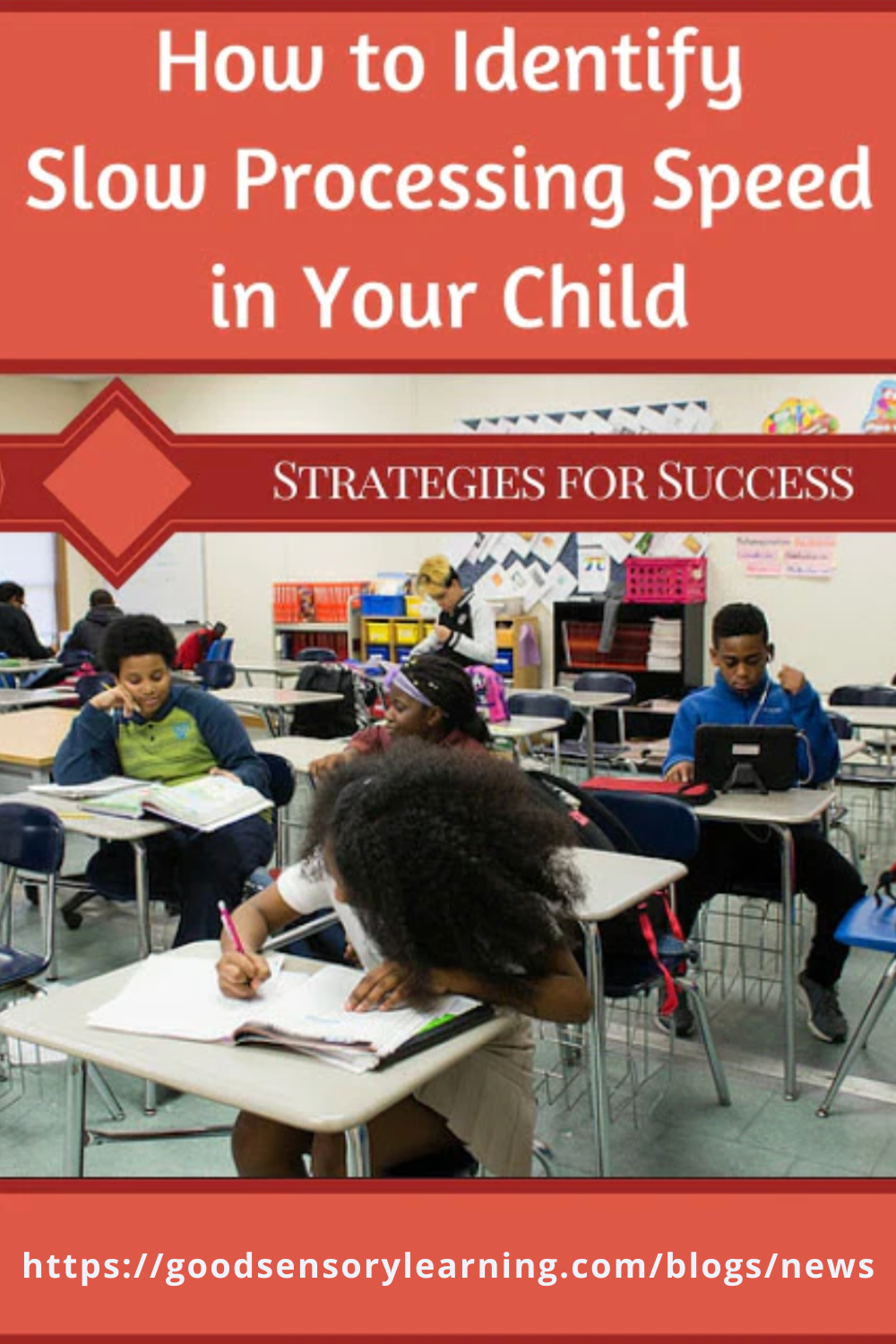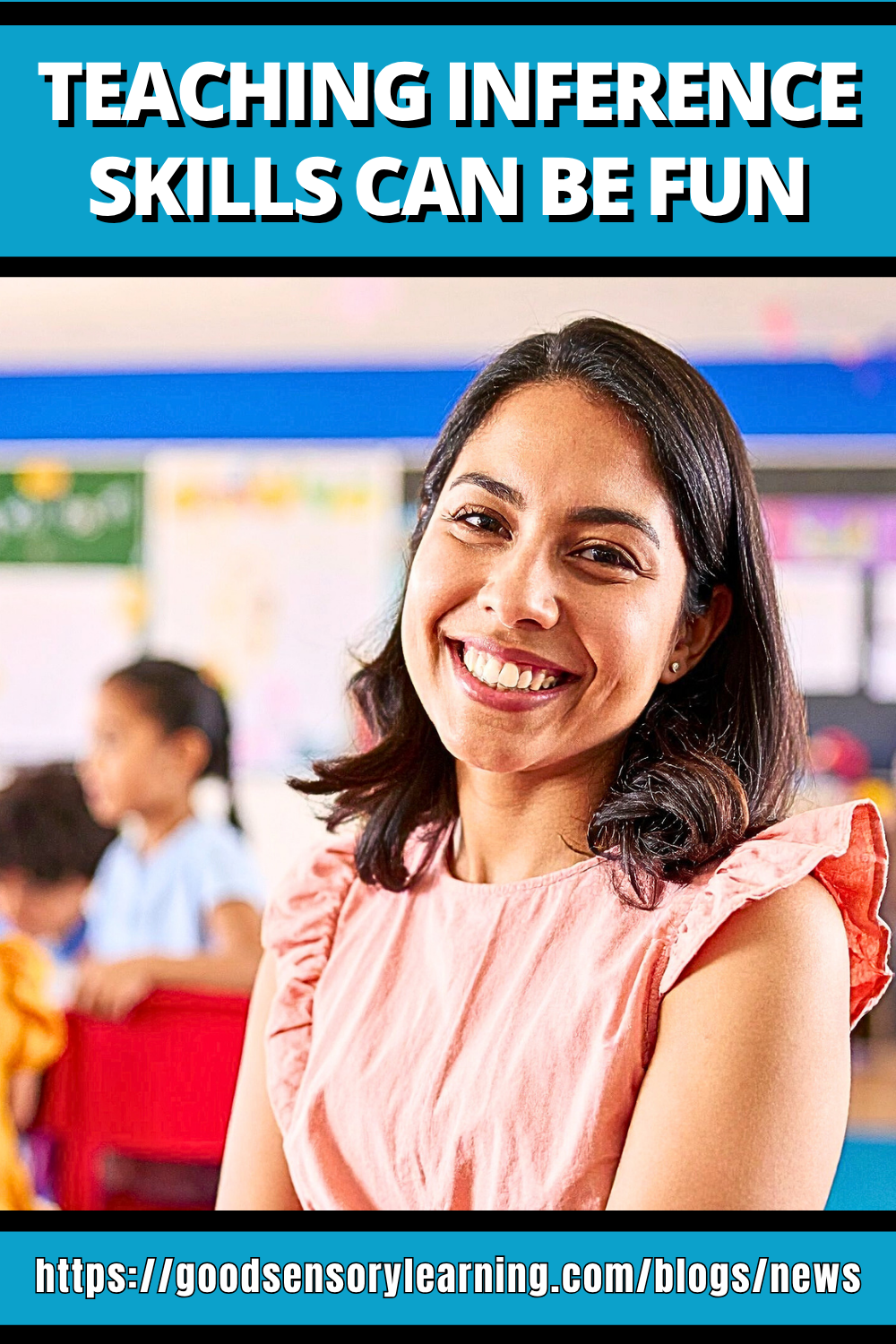Two Best Apps for Dyslexics: Words from Designer Winston Chen
Voice Dream Reader and now the new Voice Dream Writer are what I believe to be the best apps out there for dyslexics as well as struggling readers and writers. I am so pleased to feature an interview with Winston Chen, the creator of these Voice Dream apps. We focused our discussion on his recent release, Voice Dream Writer.

My Interview with Winston Chen
Erica: If you had to put it into a single sentence, what is at the heart of Voice Dream Writer?Winston: It helps everyone write better.
Erica: Why did you create Voice Dream Writer?
Winston: Over the 3-year period during which I worked on Voice Dream Reader, my reading app, I became aware that reading and learning aren't the only challenges facing students with dyslexia. Writing is just as problematic. This was obvious from the emails that I received from users. Beyond education, in the workplace, poor writing puts people with dyslexia at a severe disadvantage. I started to think about ways in which technology can help them improve the quality of their writing beyond dictation and word prediction.
Erica: How does Voice Dream Writer help people write better?
Winston: Three core capabilities. One, it incorporates speech throughout the entire writing process, from typing to proofreading, to help writers make fewer errors. Two, it has a sophisticated search engine for words that help improve spelling and word usage. Three, it has a synchronized outline that helps writers better structure and organize compositions. The goal is to help people write better, not fancy graphics and snazzy technical wizardry. It gets down to the basics: this magical but intimidating process of creating words and sentences on an empty screen.
Erica: Were there any key people or organizations that helped to inspire the genesis of Voice Dream Writer?
Winston: Many people gave me ideas. But I want to point out especially Landmark College, which encouraged me to develop this app, and Dr. Matthew Schnepps, one of the most respected researchers in the field and a dyslexic himself, who explained to me many of the problems that dyslexics face when writing.
Erica: Who is your audience?
Winston: The audience is precisely the same group of people who find my reading app helpful: adults and students with dyslexia, low vision, or blindness. These three groups have one thing in common: they do not process text the same way as the majority of the population does, and in particular, they all value speech.
Erica: What other apps have you created?
Winston: This is only my second app. My first app is Voice Dream Reader, which lets people read with their ears.
Erica: Are you intending on creating more apps? If so, what are some of your ideas?
Winston: I always have a bunch of ideas floating in my head. For the foreseeable future, however, I want to focus on making the Reader and the Writer available on more platforms, such as Android and Mac. Two babies will keep me busy for quite a while.
Erica: Can people learn more about your new app?
Winston: Yes. The best way to learn more about this app is to watch the demo I narrated on my website: http://www.voicedream.com/writer.
I want to thank Winston Chen for taking the time to speak to us! I hope you learn more about the Voice Dream apps and discover the benefits of these valuable technology gems.
Cheers, Erica
Dr. Erica Warren is the author, illustrator, and publisher of multisensory educational materials at Good Sensory Learning. She is also the director of Learning to Learn and Learning Specialist Courses.
- Blog: https://goodsensorylearning.com/blogs/news
- YouTube Channel: https://www.youtube.com/user/warrenerica1
- Executive Function Podcast: https://goodsensorylearning.com/pages/the-personal-brain-trainer-podcast-with-dr-erica-warren
- Store: http://www.Goodsensorylearning.com/
- Courses: http://www.learningspecialistcourses.com/
- Newsletter Sign-up: https://good-sensory-learning.kit.com/drericawarren




Leave a comment
This site is protected by hCaptcha and the hCaptcha Privacy Policy and Terms of Service apply.